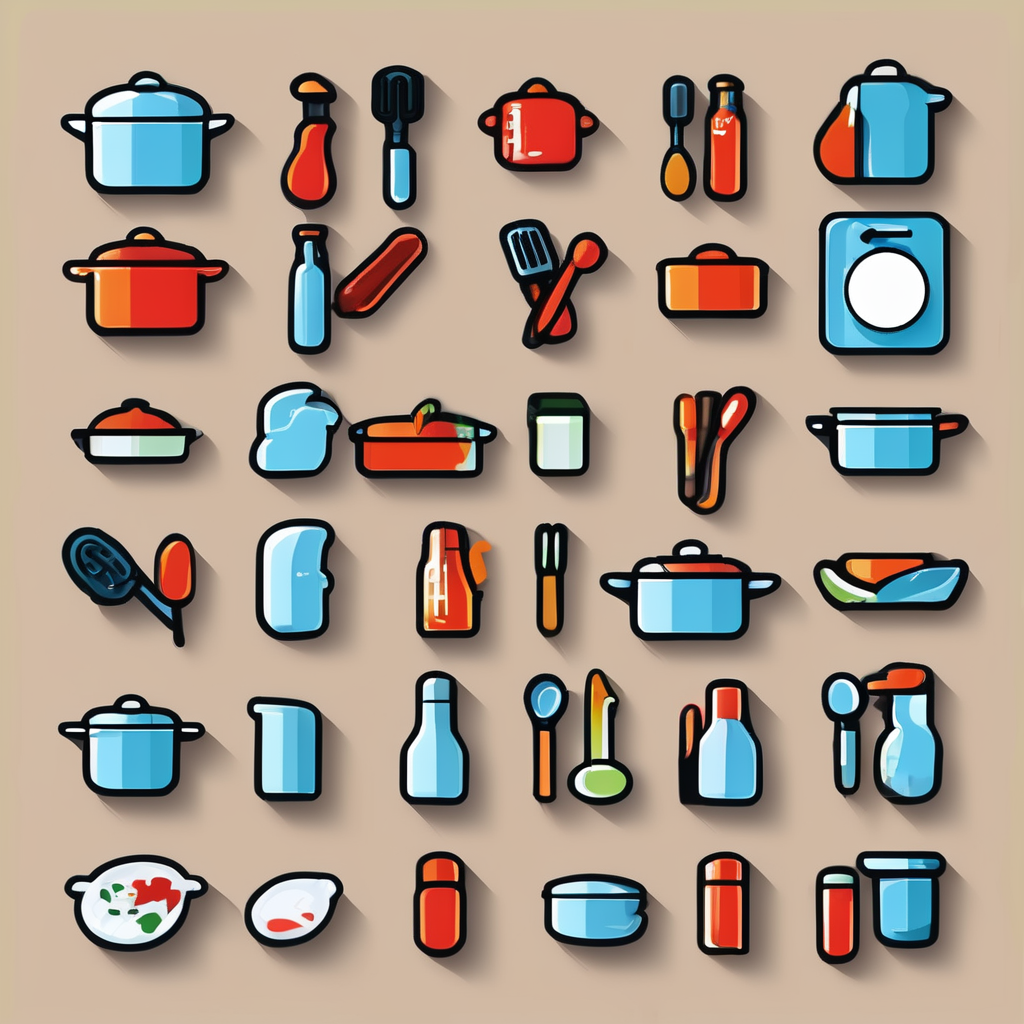Curated List of Top Cooking Books
For those aiming to delve into advanced cooking books, several masterpieces offer unparalleled insights into culinary arts. These chef-authored guides not only impart knowledge but also inspire. Among the essential reads, “The French Laundry Cookbook” by Thomas Keller is a standout. Keller’s exquisite techniques elevate culinary standards, making it a pivotal resource for ambitious chefs. Another vital contribution comes from “On Food and Cooking” by Harold McGee. This book demystifies food science, providing a solid foundation for innovative cooking techniques.
Exploring these books allows aspiring chefs to hone their skills with precision. Rick Stein’s “Seafood Odyssey” takes readers on a journey across coastal cuisines, revealing advanced techniques in seafood preparation. For those interested in pastry arts, “Desserts by Pierre Hermé” showcases sophisticated dessert artistry.
Have you seen this : Transform your kitchen with smart tech: enhance your meal prep experience
Insights from professional chefs underscore the importance of these books in skill enhancement. They emphasize that mastering complex techniques presented in these volumes can significantly impact one’s culinary prowess. These books not only present theoretical knowledge but also practical applications and recipes to refine one’s craft. Each book is a testament to the culinary expertise of its author, making them invaluable resources for avid culinary enthusiasts.
Online Cooking Courses and Tutorials
Exploring online cooking classes can be a transformative experience for enthusiasts eager to improve their culinary skills. Notable platforms such as MasterClass, Coursera, and Udemy offer comprehensive interactive learning environments tailored to different expertise levels. These courses break down complex dishes into manageable segments, making advanced techniques more accessible.
Additional reading : Discover the must-have spices for a flavorful and versatile kitchen cooking experience
A typical course might cover kitchen fundamentals, knife skills, or specialised niches like vegan baking. Learning outcomes are designed to equip students with practical skills applicable in any kitchen. For example, MasterClass, featuring industry giants like Gordon Ramsay and Alice Waters, focuses on precision cooking and culinary skills improvement through methodical instruction.
User testimonials often highlight the hands-on approach and the ability to revisit lessons as key advantages. This flexibility allows learners to progress at their own pace, which is crucial for mastering intricate culinary arts. Expert reviews consistently emphasise how these programs blend theoretical knowledge with real-world applications, ensuring a robust learning experience. Whether you are a novice or a seasoned chef, these chef-authored guides provide structured paths to culinary mastery.
Thematic Cooking Blogs and Websites
Diving into culinary blogs and expert cooking websites provides aspiring chefs a treasure trove of advanced recipes and techniques. These platforms are rich with insights from professional chefs who frequently share their expertise in areas like molecular gastronomy and international cuisine.
Among the top culinary blogs is “Serious Eats,” famed for its science-backed exploration of foods. It encompasses themes ranging from baking to grilling, offering advanced recipes and methods closely aligned with precise culinary science. The blog features contributions from food scientists and chefs, ensuring authoritative content.
For those fascinated by international flavours, “expert cooking websites” like BBC Food serve up a global perspective on cooking. They provide not only advanced recipes but also cultural context, enriching the learning journey for culinary enthusiasts.
Navigating these resources is vital. Beginners can start by focusing on simpler tasks, gradually moving towards more challenging techniques. Bookmarking favourite authors or themes aids in tracking progress and revisiting complex concepts. This structured approach enhances retention and helps chefs adapt and apply new skills practically, allowing for continual growth in the culinary arts.
Engaging Video Tutorials and Masterclasses
Engaging with high-quality cooking video tutorials can greatly aid in mastering advanced culinary techniques. Visual learning resources offer a dynamic way to understand and implement complex cooking methods, turning intricate instructions into more digestible, visual steps. Noteworthy platforms offer culinary masterclasses from renowned chefs, providing invaluable insights into professional kitchens.
The impact of these visual learning resources extends beyond simple observation. By seeing techniques firsthand, learners can replicate and refine their skills with greater accuracy. For instance, watching a professional demonstrate precise knife skills or the art of a perfect soufflé elevates one’s understanding and execution.
Among the celebrated chefs sharing their expertise through video tutorials and masterclasses are Gordon Ramsay and Jamie Oliver. Many of these videos are available both freely and through subscription models, allowing flexibility based on the viewer’s commitment and interest level.
Ultimately, these resources enhance culinary learning, blending visual and interactive elements to foster deeper engagement. By leveraging the expertise of culinary masters, aspiring chefs gain confidence and competence in their culinary journey.
Interactive Elements for Learning Enhancement
Interactive elements like cooking quizzes and culinary challenges play a pivotal role in evaluating and enhancing one’s culinary knowledge. These tools offer a playful yet effective way to assess and strengthen skills gained from various culinary resources.
Engaging in cooking quizzes allows individuals to test their understanding of techniques and terminology within a structured format. Quizzes can be formatted to cover areas such as ingredient recognition, recipe comprehension, or even regional cooking styles, reinforcing theoretical knowledge through active participation. For instance, a quiz might challenge a learner’s mastery of culinary techniques by asking detailed questions about particular methods.
Culinary challenges take a more hands-on approach, pushing chefs to apply their skills in practical scenarios. These challenges mimic professional environments and encourage creative problem-solving, essential for advanced culinary development. By participating, individuals not only refine their techniques but also gain confidence.
To elevate learning, aspiring chefs can design their personal cooking challenges. This could involve replicating a complex dish within a set time or using a select group of ingredients effectively. Such interactive approaches foster motivation, engagement, and retention, solidifying the knowledge acquired through chef-authored guides and other learning resources.
